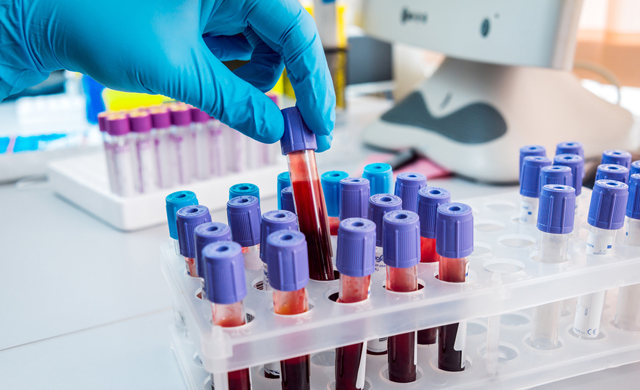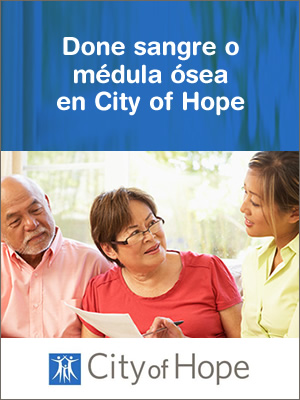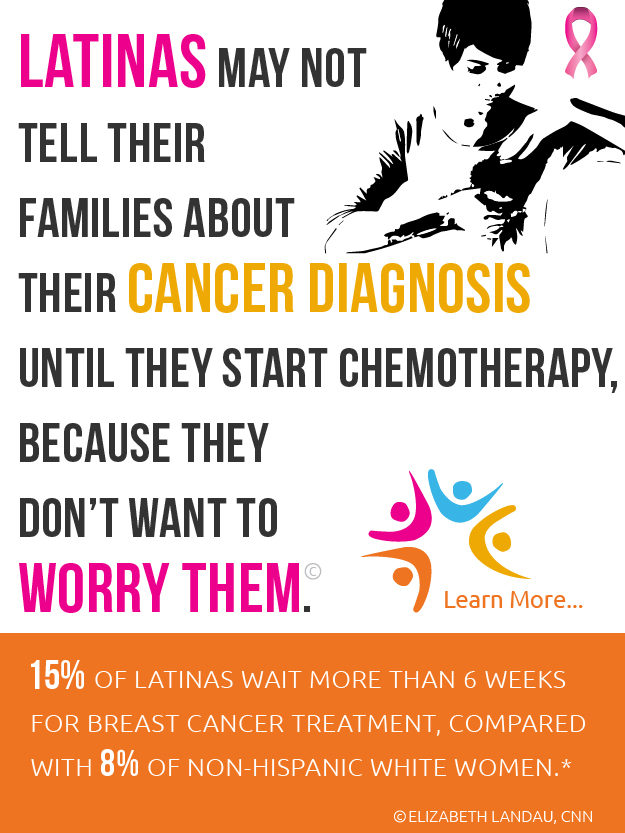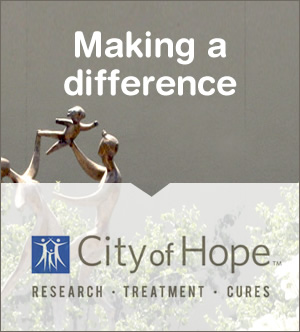
City Of Hope Research Advances Treatment Of Hematologic Cancers
03/02/2016 07:50PM | 6867 viewsWhen it comes to research into the treatment of hematologic cancers, City of Hope scientists stand out. One study that they presented this week at the annual meeting of the American Society of Hematology suggests a new standard of care for HIV-associated lymphoma, another offers promise for the treatment of relapsing or treatment-resistant lymphoma, and still another points to more effective treatment for acute lymphoblastic leukemia.
Researchers from the Hematologic Malignancies and Stem Cell Transplantation Institute at City of Hope shared their findings at the annual ASH meeting, held Dec. 6 through 9, in San Francisco. More than 20,000 hematology professionals attended the annual conference, which highlights the hottest topics in the field.
Here are some of the highlights:
Stem cell transplantation is safe for patients with HIV-associated lymphoma
HIV-positive lymphoma patients who received autologous stem cell transplants with a high-dose preparative regimen of chemotherapy achieved survival rates comparable to other lymphoma patients, research shows. After a median two-year follow-up, the one-year survival rate among the 40 HIV lymphoma patients in the clinical trial who received stem cell transplantation was 86.6 percent.
“These impressive data demonstrate that autologous stem cell transplants can be highly effective, tolerable and not overly toxic for patients with HIV-associated lymphoma,” said Joseph Alvarnas, M.D., director of Medical Quality and Quality, Risk and Regulatory Management – the study’s lead author. “Ultimately, our results argue persuasively that HIV or AIDS status should not be a barrier to autologous stem cell transplant for patients who meet standard eligibility criteria.”
HIV-positive people are 70 times more likely to be diagnosed with lymphoma than uninfected people. Historically, because of their badly compromised immune systems, most HIV patients could not tolerate standard treatments for lymphoma. However, as anti-retroviral therapies have improved, HIV patients with lymphoma have had access to medications and other therapies offered to other lymphoma patients.
But because they are immunocompromised, they have been considered ineligible for stem cell transplants – the standard of care for patients with relapsed or treatment-resistant lymphoma. This has put HIV lymphoma patients at a disadvantage. The new study suggests that autologous stem cell transplantation – in which patients are infused with their own stem cells – should not be ruled out for HIV-associated lymphoma.
The study builds on previous City of Hope research, including one of the first studies to show these transplants are feasible in HIV patients.
Tandem stem cell transplant proves promising for treatment-resistant or relapsed Hodgkin lymphoma
For patients with Hodgkin lymphoma that has relapsed or is resistant to treatment, tandem autologous stem cell transplants result in longer progression-free life and overall survival, a City of Hope study found.
The research builds on promising results of a previous study developed by City of Hope and Loyola University. The new study included 98 patients at 10 institutions. Patients with Hodgkin lymphoma that did not respond to previous treatment or who had relapsed were given an autologous stem cell transplant following a milder-than-usual preparatory regimen of chemotherapy or radiation. The goal of the first transplant was to get the patient into remission or a minimal disease state. Previous studies have shown that patients in remission before a hematopoietic cell transplant have better outcomes. For the second transplant, patients were given a more intense preparative regimen of radiation or chemotherapy comparable to standard care, then given their second autologous stem cell transplant.
The study followed patients for a median 5.4 years, and after two years, 63 percent of patients had no progression of their lymphoma, compared to 45 percent for those who received standard, single transplants. In addition, overall survival was 91 percent after five years, compared to a previous five-year overall survival rate of 54 percent.
“These results are very encouraging,” said Eileen Smith, M.D., study author and associate director of the Clinical Research Program in the Department of Hematology & Hematopoietic Cell Transplantation at City of Hope. “With this approach and the quality of current strategies for treating relapse, we can cure the majority of patients even if they have relapsed or resistant Hodgkin lymphoma. We can now tell patients that the majority of them will be long-term survivors – which is a different message than we could give them even just five years ago.”
Immunotherapy drug for relapsed/refractory acute lymphoblastic leukemia helps aid remission
Current therapies for relapsed refractory acute lymphoblastic leukemia (ALL) are very poor. Now a promising new study using blinatumomab, a bispecific T cell engager, or BiTE, antibody, shows promising results for ALL patients with treatment-resistant disease, aiding them in achieving remission and receiving necessary hematopoietic cell transplants.
The BiTE antibody has a unique mechanism of action that uses the patient’s own immune system to attack leukemia cells. The drug has two components, one that recognizes a common receptor on ALL cancer cells and one that activates the patient’s T cells to attack the cancer cells. The drug has the advantage of a short half-life, so it minimizes the risks of side effects common to immunotherapy drugs such as cytokine-release syndrome, in which the patient develops flu-like symptoms.
Of the 189 patients treated in an international, multicenter study, 43 percent achieved remission within the first two treatment cycles. The drug was similarly effective among both those patients who had previously had a transplant, those who had not and in elderly patients. Among the patients who had never had transplants, 52 percent went on to receive an allogeneic stem cell transplant.
“We’re continuing to follow these patients,” said Anthony Stein, M.D., a clinical professor at City of Hope and the study’s principal investigator. “Our early results are very promising with longer follow-up required.”











Post your Comment
Please login or sign up to comment
Comments